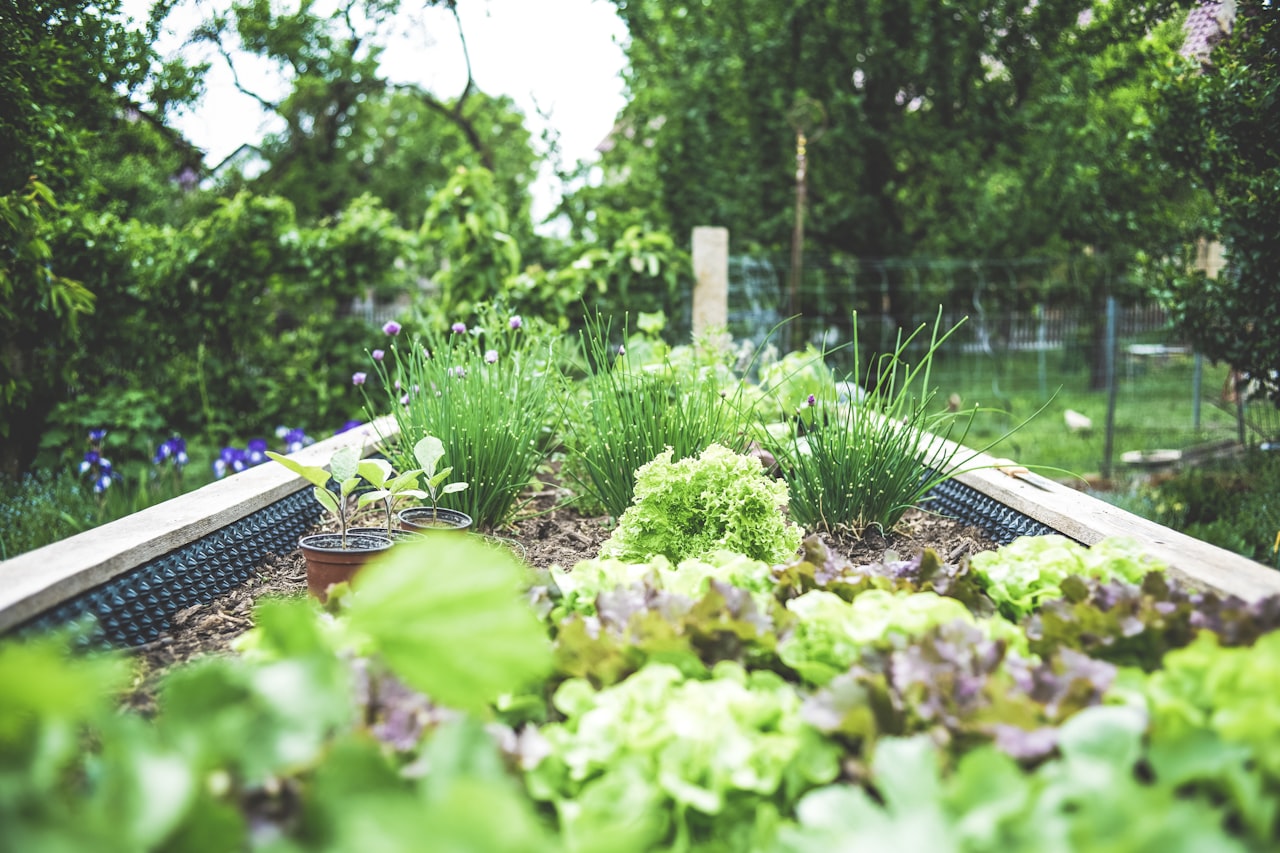There are so many details to think about when shopping for a new home. It’s important to know exactly what you want and then do your research. If you don’t figure out what you want, then you will have a more difficult time narrowing down the houses to choose from. It might even cause you to settle on something you think is good, but it’s not the best for you. Consider these steps when searching for your perfect home.
Step #1 - Know Your Budget
Once you complete the pre-qualification process, you will have an idea of what your budget is. This will help your realtor look for properties within your budget. While it may be tempting to look at homes at the top range of your budget, it’s best not to start there. You don’t want to take on a home that will be too hard on your real-life budget and not allow you to save for emergencies or repairs. A practical rule that many experts recommend is that your monthly housing expenses should not exceed 28% of your gross monthly income.
Step #2 - Think About The Future
When you are shopping for a new home, think about what you want right now - but also think about what you might need in the future. It’s ideal to stay in your new home for at least five to seven years to build equity, but most people stay even longer. What do you imagine your life will be like in the next ten years? For example, if you don’t have children right now, but you plan on having a family while living in the home, you will need to consider several things you might not have thought of. You will want to consider things like the number of bedrooms and bathrooms, what the local schools are like, and even safety features in the home.
There are other reasons you might want to consider the future when buying a home. Will you have elderly parents that you may need to take in to live with you at some point? Perhaps a secondary guest room with an ensuite bath that you can turn into private living quarters would be an option you want. Do you want to work remotely someday and need a home office? The bottom line is - you don’t need to go overboard on extra rooms, but you do want to leave some room to grow.
Step #3 - Find Your Style
Have you thought about what type of home you want? Do you want new construction or a fixer-upper? Which suits your needs more - a single-family home or a condo? If having a family is in the plans for your future, a single-family home would offer more room and privacy. But they also come with more maintenance. Buying a condo might be beneficial if you don’t need all that space and don’t want the property maintenance. However, with condos often come many fees, such as condo associations.
What features in the home will be more important to you? Do you like the look of a modern contemporary style home? If you like to cook and bake, what features will you look for in the kitchen? How much storage will you need?
Step #4 - Know Your Location Needs
The location of your home should be a primary factor when searching. What will your work commute be like? What is the crime rate in the neighborhood you are searching in? Do you love the neighborhood and the people that live there? Is it noisy or quiet? How close are the airport and shopping centers? If you will use public transportation, this is a significant factor to consider as well.
Step #5 - Know Your Priorities But Be Willing To Overlook Some Flaws
The steps above offer a lot of options that you should think about before you buy. Now that you have answered some of those questions and narrowed down what you want, it’s time to put them in priority. It’s important that you aren’t too picky, or you will have a hard time finding a house that lives up to those standards. While you want to find the “perfect” home, it’s best to be realistic and focus on finding the “perfect home for you.” This means the house may not be perfect, but it meets your needs and has most of your “must-have” amenities.
Keep in mind that all homes will have some flaws. HGTV offers some tips on determining which flaws you can live with and which flaws are deal-breakers. It might be hard to overlook the hideous landscaping or the less-than-desirable linoleum floors, but keep in mind those are cosmetic, and you can update to your liking. You may even be able to negotiate a lower price to allow for home improvements in your budget.
Working With Your Realtor
Your realtor will ask you many of these questions to get an idea of what you are looking for. Having a solid idea of what you want and what your priorities will make house hunting easier and a lot more fun. Be open to what your realtor suggests. You might think some of your realtor’s suggestions are not what you wanted, but keep in mind that they are professional and have your best interest in mind. They have an eye for detail and are intuitive to their client’s needs. Your realtor may find you the perfect home for you that you would never have considered otherwise!
contributing author: Melissa Momcilovich
























































